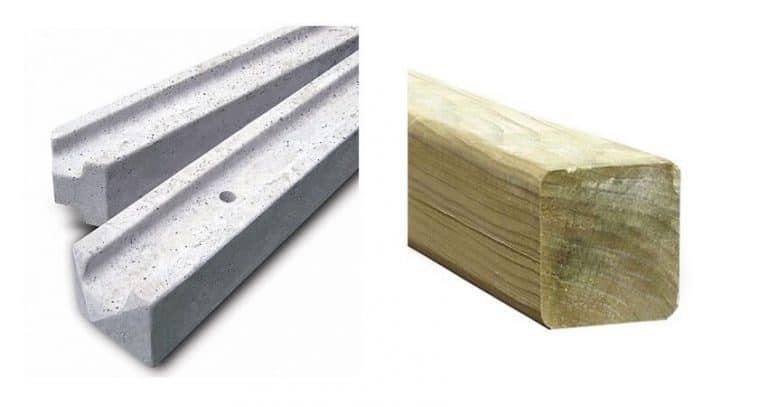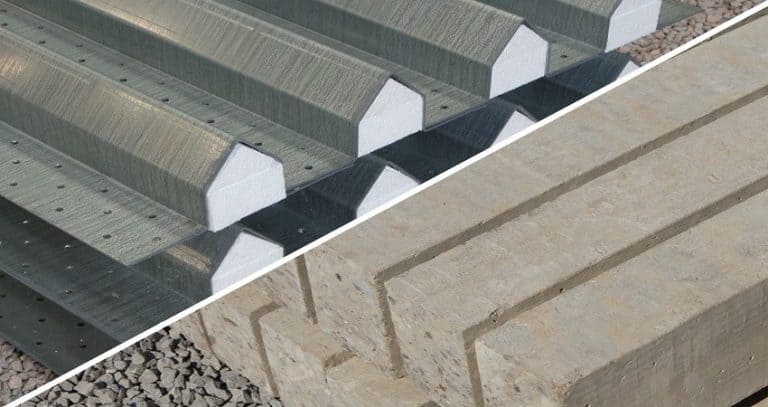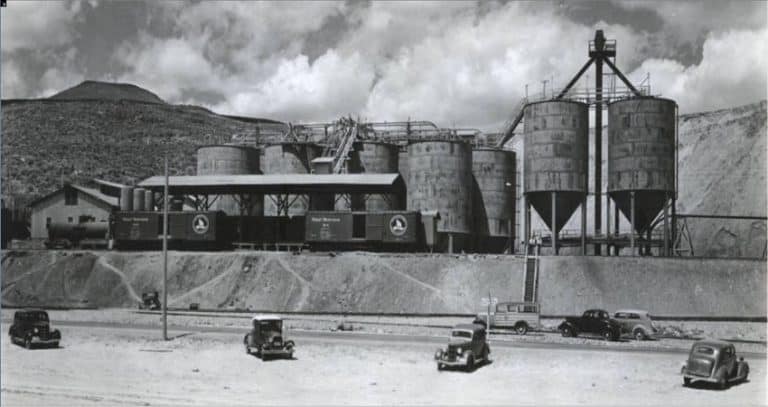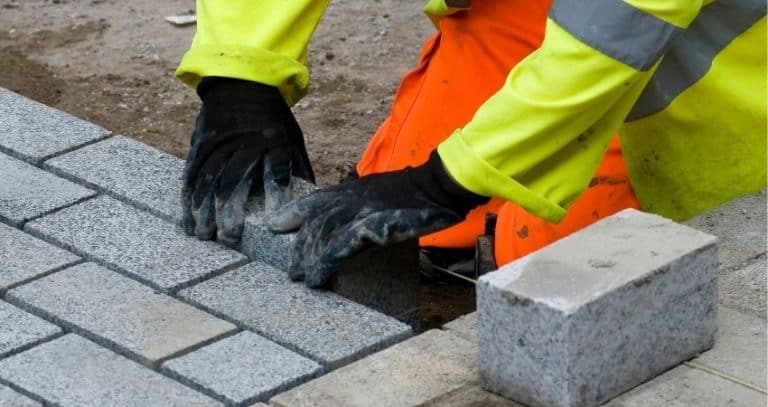Does concrete conduct electricity? Factors of electricity
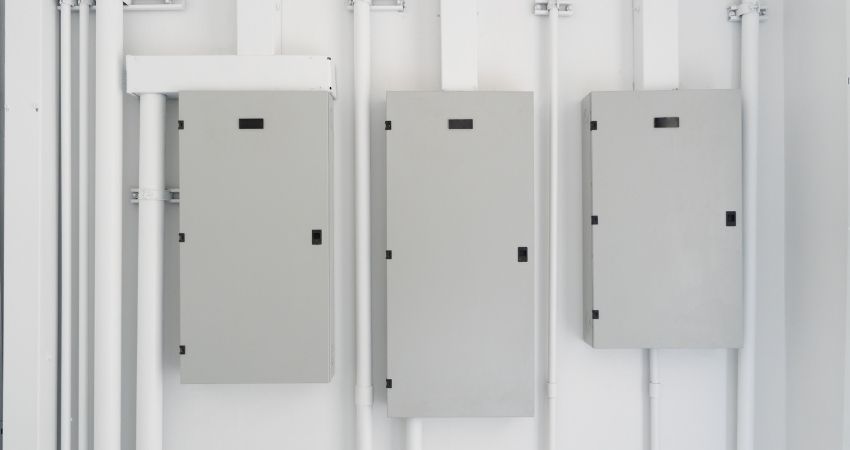
Suppose you are doing a construction project. Here the electricity factor is an important issue. You have to test practically to know electricity and all these things. For this reason, you have to try the relative stuff about it.
At first, we can say that ‘Yes’, concrete conducts electricity, but it is an inferior conductor of electricity. Dry concrete offers very high resistance and can be classified as an insulator. At the same time, moist concrete on rainy days can have small electrical conductance.
The electrical conductivity of a particular material is its capability to transfer ions under an electric field. Electrical resistivity is the inverse of electrical conductivity.
The resistivity of concrete can range over greater extents. The concrete of wet behaves as a semiconductor. With resistivity in the field of 10ꜛ5 ohm-mm and for dry concrete has a resistivity in the range of 10ꜛ12 ohm-mm.
Asphalt pavement preserves water within its pores, making it a much stronger energy supply. This, in other words, shifts and becomes a much more excellent conductor when concrete is wet or cold.
Well, that is a lot of science we have discussed just now. Let’s not bore you anymore and make this simple enough to understand. Let’s go through some of the conditions that influence the conductivity of concrete.
Does concrete conduct electricity? Factors of electricity
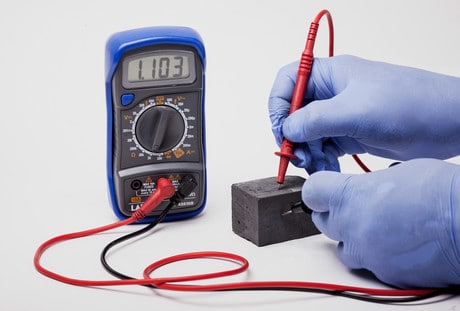
So here we are giving some factors for electricity which need resistivity measurements. It is required by cement preparation, moisture, temperature, conductivity, everyday materials, bad conductor, etc.
Cement prepare:
- Silica (SiO2) extracted from sand.
- Gypsum (CaSO4.2H20) extracted from limestone.
- Iron in the form of iron ore, fly ash, iron scrap extracted from clay.
- Alumina, Al2O3 extracted from bauxite.
Moisture:
The concrete in the dry state has high resistance due to which there are very few free ions allowed to move freely across the concrete. In such a state, it acts almost like an insulator. In general, moisture is found to be destiny dependent and to increase with decreasing density. The surface of wet conducts electricity if a voltage is applied across it.
You can use a moisture meter to measure the moisture in your concrete.
Temperature:
Either dry or wet processes blend these materials like silica, gypsum, iron, alumina. This mixture is further heated up to 2,600º F. The fluxing agent alumina and iron decrease the melting point of silica from 3,000 to 2600º F. After doing this process, the material is cooled, and then fine-grained cement is formed.
You can use an inferred thermometer to measure the temperature.
Conductivity:
In low conductivity, current can pass through cement. It conducts some electricity and becomes a better conductor than some other materials like glass. So you don’t depend on it to complete the process.
Reasons Behind Concrete Conduct Electricity
There can be many reasons that cause concrete to be conducted. We have mentioned a few above. Let’s learn about them elaborately.
- Chemical components
Concrete consists of organic materials and free ions. The facility of electron flow, however, depends primarily on the resistance the concrete surface provides.
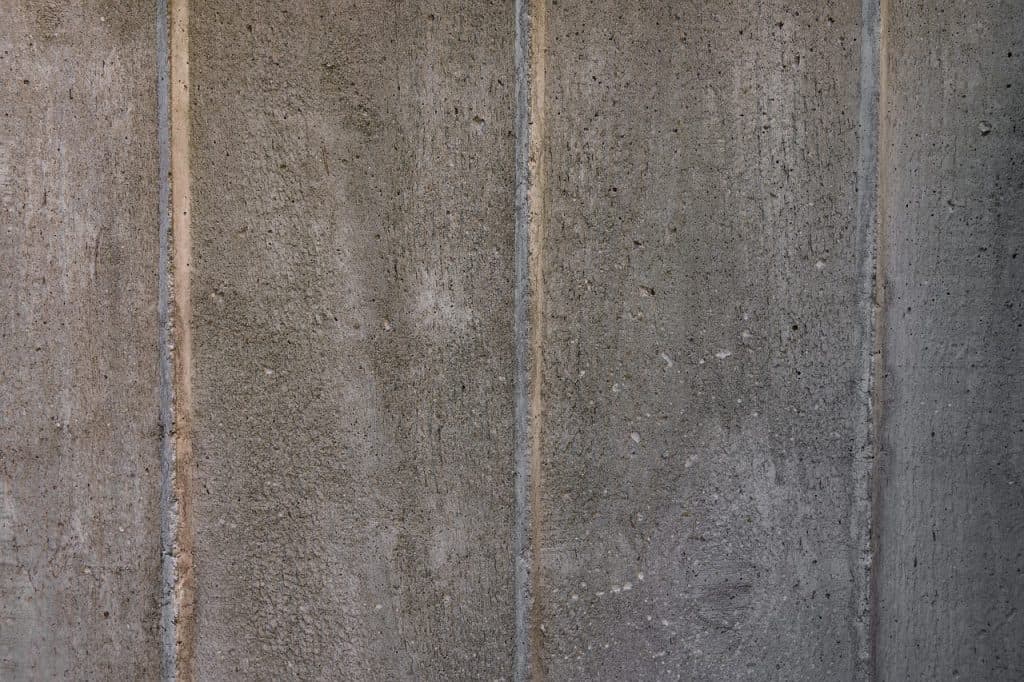
The resistance given depends on the conductivity of any substance. Chemical elements such as silicon, carbon, aluminium, and sulfur have energy ions flowing through asphalt.
- Wet weather
If you live in a place where the weather is wet most of the time, there is a good chance that your concrete floor or wall may conduct electricity.
It could be from the wiring that is planted in the wall or floor or the switchboard. Therefore, the conductivity of concrete may vary in terms of time and environment.
- Shape
Conductivity can also be severely influenced by the scale and shape of the concrete. It can lead to dense concrete stronger than once thin. Similarly, short concrete is much stronger than long concrete.
- Carbon-based aggregate
Many industries have attempted to manufacture more conductive concrete using a carbon-based aggregate. This technology is exciting and promising. It has some detrimental impacts on the absorption of water.
You may also attempt to use in your mix a porous aggregate. Weak concrete is much easier to withstand moisture than non-porous concrete. For this reason, the concrete must be wet. But this is not an issue in many parts of the world.
- Steel bars
Steel and concrete bars are used for the construction of bigger houses. Architects also use this mixture to achieve strong structural integrity. Concrete is very conductive of steel within it. The metallic qualities of steel improve the ability of concrete to create an ion stream.
- Electrical grounding
For almost all electrical installations, grounding is essential. In electric system faults, or specific circumstances like lightning or static control, electrical grounding’s prime objective is to shield machinery and inhabitants.
The incorporation of a metallic electrode typically accomplishes protection by a proper electric connection between the devices.
Small differentials in voltage may limit performance by processing and handling electronics where the risk for costly injury to high-value semiconductors and related static charging equipment could be high.
Properties of Concrete
Strength: Concrete is mainly known for its mechanical strength. Normal concrete strength lies in the range of 25 and 40 MPa.
Density: The concrete density affects the strength and its durability. Denser concrete has better performance than porous concrete.
Tensile strength: The tensile strength is the calculation of the force needed for pulling anything like a chain, wire or structural beam to the point that it is broken. The material’s tensile strength is the highest stress until, for example, failure is needed.
A low-power material can pull apart much more quickly than an extremely tensile material.
Elasticity: If an object is strained by a quantity smaller than the material yield, only the elastic (reversible) strain will be exerted, and the material will not be permanently deformed. The tension level that equals the yield point is called the yield force of the material.
The goal is to figure out how much stress it takes to reach the material’s yield point or where the fabric will not come back into its original form until the focus has been eliminated.
Importance of Concrete Conductivity
You may have an idea of the drawbacks of Concrete Conductivity. But in many cases, this conductivity is beneficial.
One of the widespread benefits is energy Harnessing ability. For roads and houses, conductive concrete is often used. People find this concrete simpler with materials such as carbon fibres and graphites that conduct electricity.
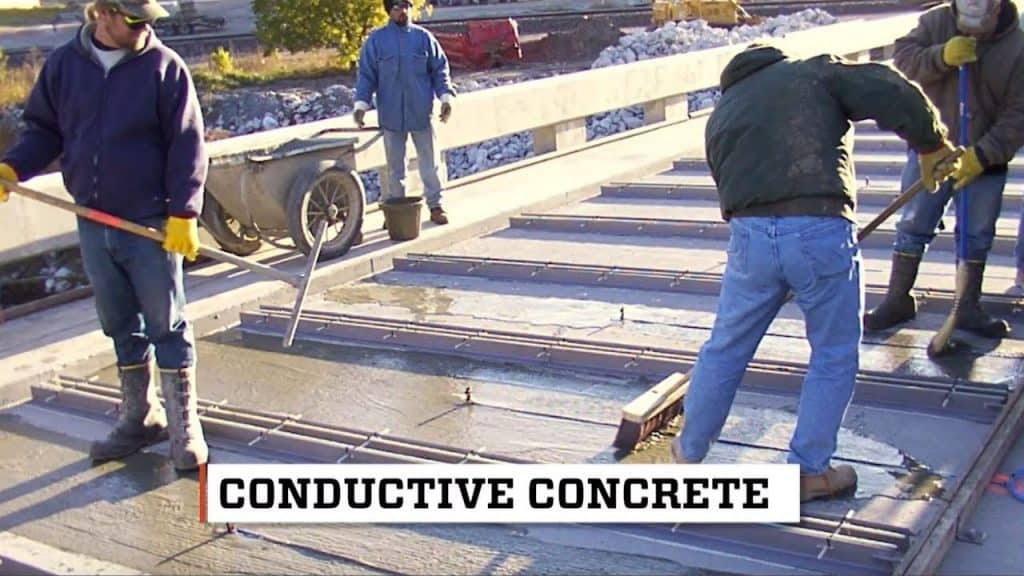
Asphalt is modified to manufacture electrically conductive asphalt concrete with carbon fibre (CF). Anti-icing and de-icing are carried out on the pavement. Compared with electrically conductive asphalt mastics, the volume resistivity of such a conductive concrete.
Another vital application of conductive concrete is the grounding of lightning rods. Lightning rods need a counterpart on the ground to redirect the lightning they’re capturing. The concrete base will also act as a ground for its lightning rod, shielding the people living inside.
Some Important FAQs
Go through this question and answer section. These will help you to understand the above discussion if you have any confusion. Apart from any doubts and the debate, we have tried to cover them if you have any other queries.
- Which metal has the highest electrical and thermal conductivity?
Silver has the highest electrical conductivity of all metals. Silver determines conductivity-all other metals are compared to conductivity. Silver is 100 on a scale of 0 to 100; copper is 97 and gold is 76.
- Why do insulators prevent electric shocks?
Isolators prevent energy from existing power lines. Rubber or plastic insulation around the cables stops the wires’ point and prevents you from being shocked. If the insulation is cracked or wears off, the electricity will come and surprise you.
- Does electricity travel through concrete?
In general, dry concrete with a typical composition will be an insulator and not a conductor. Therefore concrete’s low conductivity, current can pass through cement. It will still conduct some electricity and some other nonmetal materials like glass.
- Is Stone a conductor or an insulator?
Metals and stones are considered good conductors like they can speedily transfer heat, whereas materials like wood, paper, air, and cloth are poor heat conductors.
- Is concrete dust conductive?
Electronic systems, electrical reliability, are incalculably reduced by scattering and releasing abrasive crystalline components of concrete powder. If the powder is exposed to moisture, it can become extremely conductive.
- Is air a good insulator?
Air is a good insulator because it is a gaseous substance; it can spread out molecular resists heat transfer to some degree. This small space of air between the two layers of glass reduces heat transfer via convection.
- Is pure water an insulator?
Pure water is an excellent insulator and does not conduct electricity. The thing is, you won’t find any pure water in nature, so don’t mix electricity and water.
- What is the difference between dielectric and insulator?
In general, the term insulator is used to denote an electric obstruction while the term dielectric means the material’s energy storage ability. The electro-isolation material between a condenser’s metal plates is a typical example of a dielectric.
- Can electric water kill you?
‘Yes’. It is the amperage through the body that kills you. A smaller amount of current can kill a person if it flows directly through the heart or central nervous system amount of water and fat insulation in the body factor. There are plenty of warning signs that read, “Danger! High Voltage.”
Conclusion
The reasons behind concrete getting electrified could be many. Considering the environment, material, purpose, and other essential facts, we have to keep check-in for concrete conductivity.
Concrete’s ability to produce electric current depends on how wet the concrete is and what kinds of materials are in the mixture. It’s essential to stay aware of wet concrete because of its ability to conduct electricity.
Concrete composition variables can improve the electrical conductivity of concrete. It must be taken as such that the compressive strength is not adversely affected, as increased moisture content will enhance the conductivity expense of stability.
Try to use the conductive ability of concrete to make everyday life more comfortable. We hope this article will help you to understand the reasons. Good Luck!!

I’m a concrete contractor by trade and have been working in the industry for over 25 years now. I’ve seen (and done) it all when it comes to concrete, and I love sharing my knowledge and experiences with others who are interested in learning more about this amazing material. In my spare time, I enjoy spending time with my family, fishing, and watching NASCAR races.

